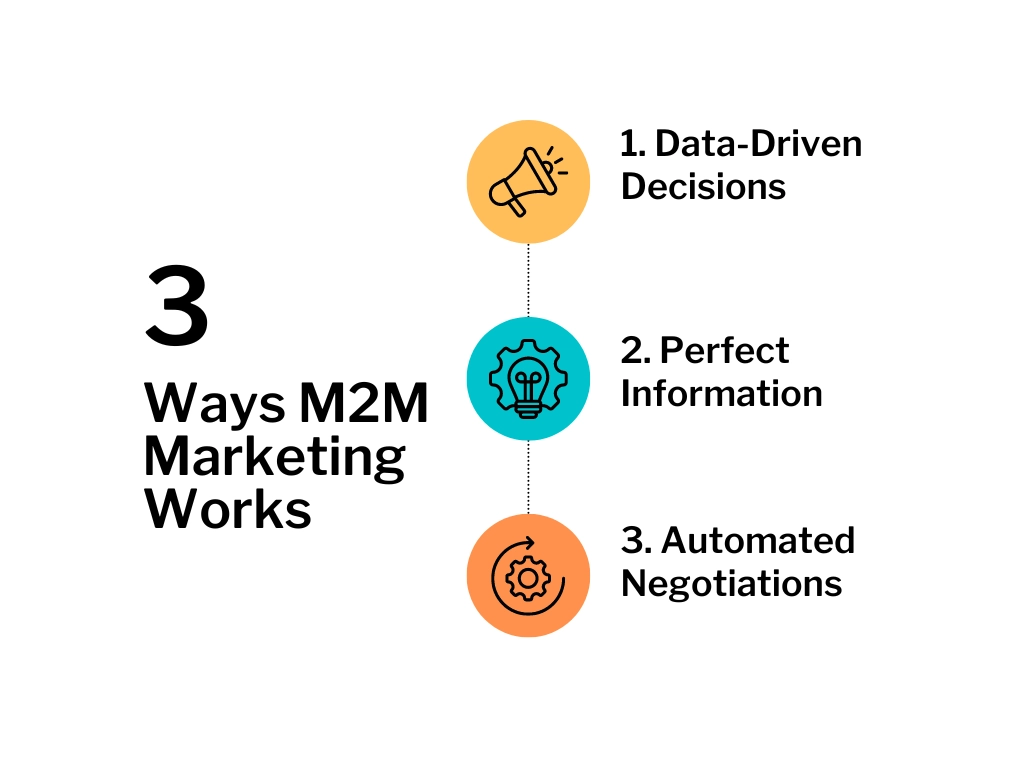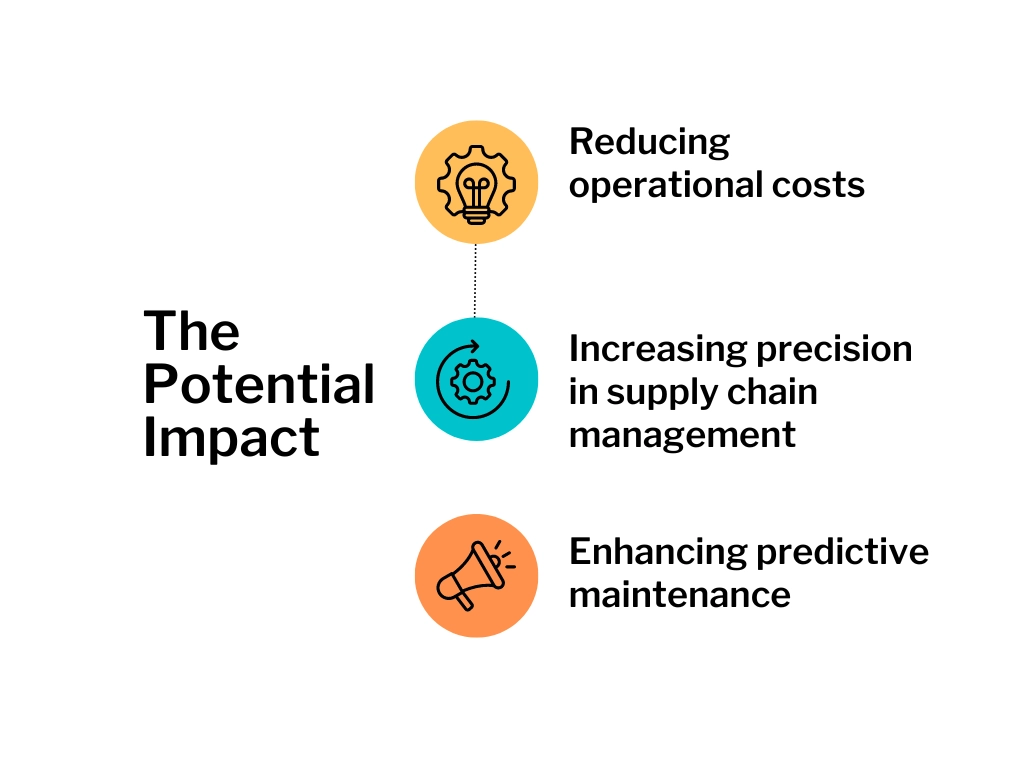As the landscape of business and technology continues to evolve, a novel concept is emerging that may soon redefine the traditional marketing framework: Machine to Machine (M2M) Marketing. This innovative approach could fundamentally transform how businesses interact, making it crucial to explore its implications and potential.
The Rise of M2M Marketing
M2M Marketing builds on the foundation laid by the Internet of Things (IoT) and the increasing autonomy of machines in business processes. As devices become more connected and capable of sophisticated tasks, they generate vast amounts of data that can be used not only for operational efficiency but also for autonomous decision-making.
In the realm of M2M Marketing, machines don’t just passively execute tasks; they actively make purchasing decisions. This shift from human-directed to fully automated marketing and purchasing processes represents a significant leap forward. For instance, consider a scenario where company fleet vehicles monitor their condition, predict maintenance needs, and automatically order parts or schedule services without human input.

How M2M Marketing Works
-
Data-Driven Decisions: Machines equipped with AI algorithms analyze real-time data to make purchasing decisions. For example, an industrial machine might detect a worn-out part and use predefined criteria to select a vendor, negotiate prices, and place an order, all based on historical data, cost, availability, and lead time.
-
Perfect Information: In the future, as posited in the concept of M2M Marketing, machines will operate on a near-perfect level of information. They will access and analyze all available data to make the most informed decisions possible. This reduces the chance of human error and increases efficiency in operations.
-
Automated Negotiations: Machines will not only make purchases but also engage in negotiations with other machines. This could involve dynamic pricing models where machines haggle over terms based on real-time supply chain conditions or the specific needs of their operations.
Why Marketing to Machines?
The need for M2M Marketing arises from the anticipated future where machines handle more complex and significant tasks. As machines begin to take over decision-making roles, traditional marketing strategies aimed at humans will become less effective. Instead, businesses will need to tailor their marketing efforts to appeal directly to machines. This might involve emphasizing technical specifications, reliability, and integration capabilities over more traditional marketing appeals like brand prestige or emotional resonance.

The Potential Impact
M2M Marketing could revolutionize several industries by:
-
Reducing operational costs: Automated systems making efficient and timely purchasing decisions could significantly cut costs.
-
Increasing precision in supply chain management: Machines purchasing their own supplies could lead to more precise inventory management and reduced waste.
-
Enhancing predictive maintenance: By predicting their maintenance needs, machines could order parts in advance, thus avoiding downtime and improving productivity.
Looking Ahead
While the concept of M2M Marketing is still in its early stages, it presents a fascinating glimpse into a future where marketing and purchasing are not just about influencing human decisions but about creating a seamless, interconnected network of intelligent machines. The transition to this new era will require robust cybersecurity measures, clear regulatory frameworks, and advances in AI and machine learning.
As we edge closer to this reality, businesses must begin to consider how their products and services could be marketed not just to human consumers but to the autonomous agents that could one day dominate the commercial landscape. This shift will herald a new era of efficiency and innovation, driven by the untapped potential of M2M interactions.











